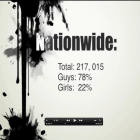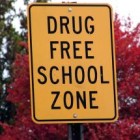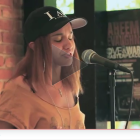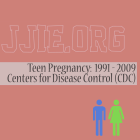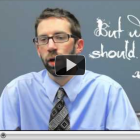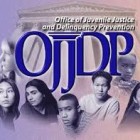
Gov. Deal Signs Human Trafficking Bill Into Law
|
The human trafficking bill that toughens the penalty for sex traffickers and seeks to improve outcomes for victims has been officially signed into Georgia law.
A small crowd of supporters gathered around Governor Nathan Deal Tuesday afternoon as he signed HB 200 at My Sister’s House in the Atlanta Mission. The legislation was introduced this year by Rep. Ed Lindsey (R-Atlanta) and passed within the same legislative session, which wrapped up last month.
The governor and his wife, First Lady Sandra Deal, shared encouraging words to the families of trafficking survivors during the signing event. Both commended child advocates for remaining vigilant in their work to eradicate child sex trafficking.
